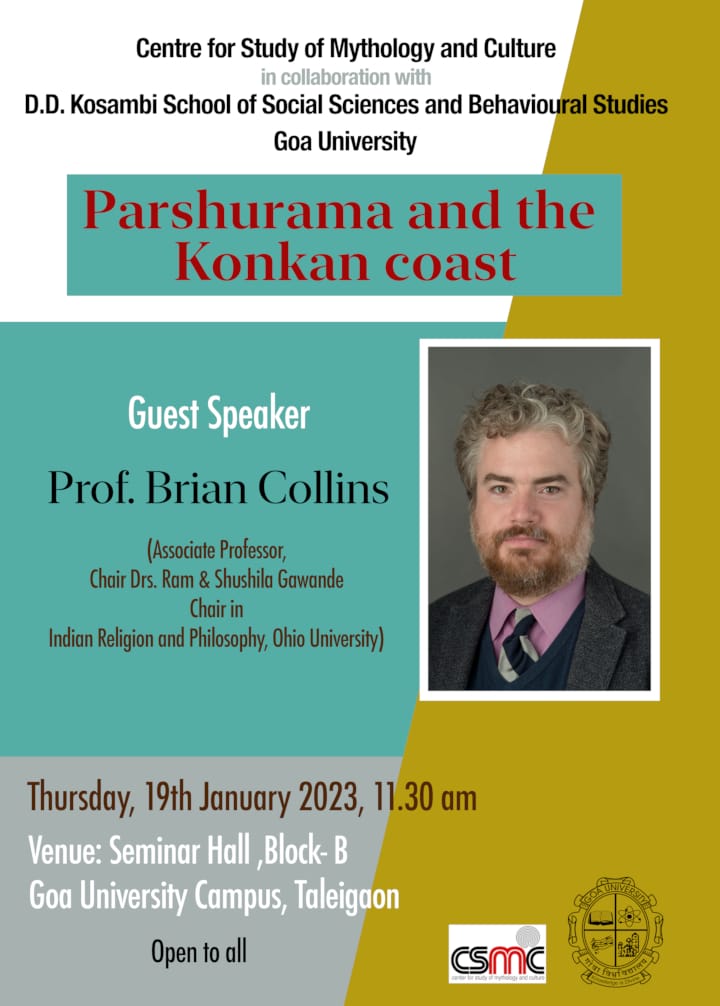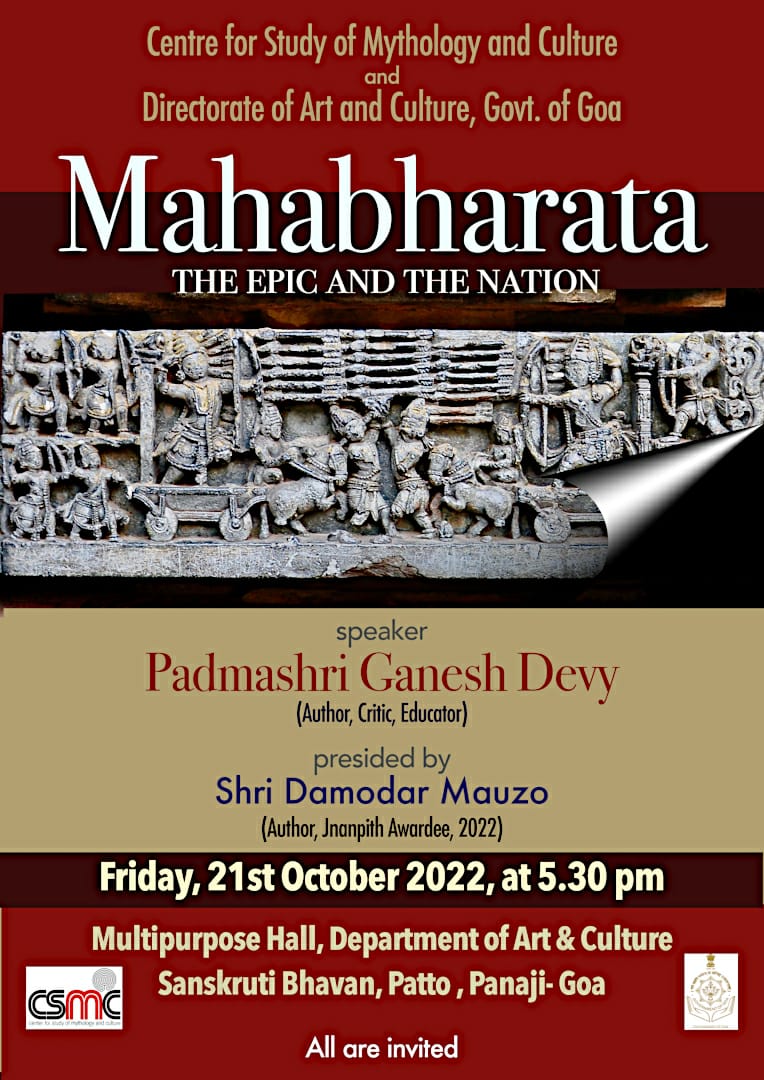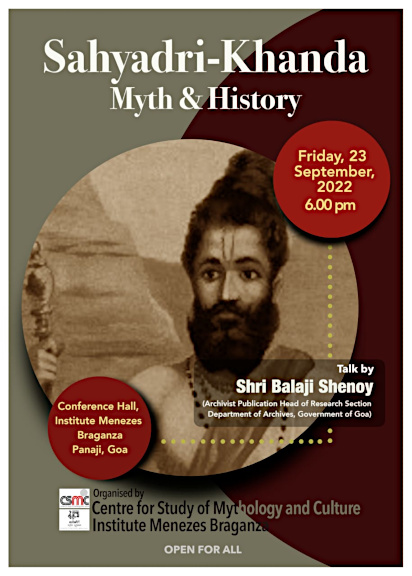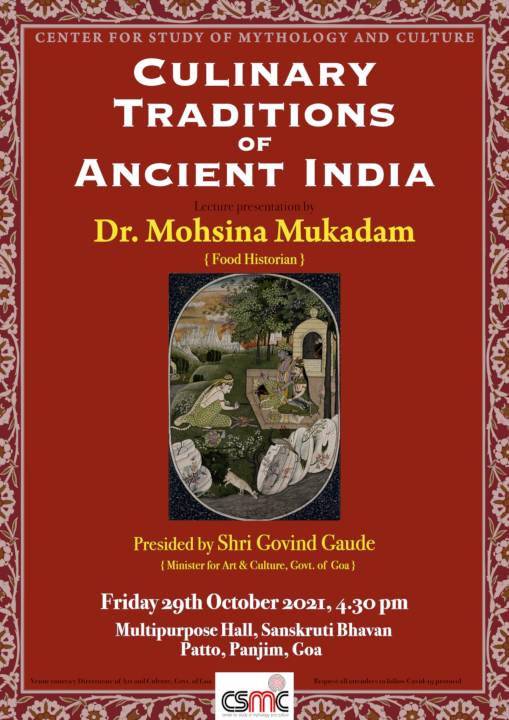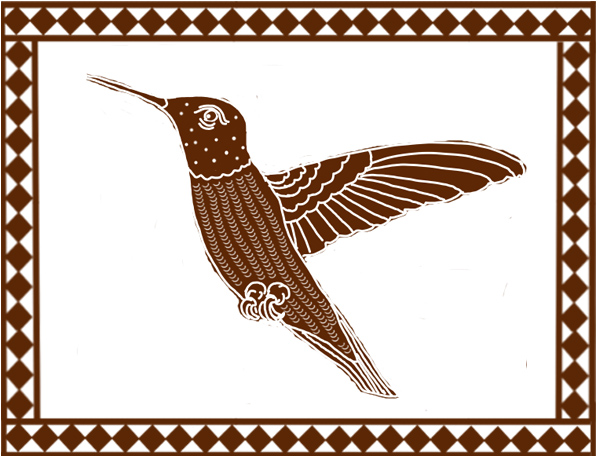
There are some stories you never forget. I heard this story from my grandmother.
There is a belief in the Indian subcontinent that on the the sixth day of a child’s birth, Goddesses of fate or Vidhidevata writes down the fate of the child on his or her forehead. Among the Christian community in Goa the sixth day of child’s birth is celebrated with a ladainha or litany of Virgin Mary. On this day and the following night a strict vigil is organised by the family members. It is believed, if the mother falls asleep on this day, Satvai or goddess of fate snatches away the life of the new born child. The new born child and the mother is placed/hid in the darkest room of the house, under the watchful eye of a midwife. Family members and neighbours kept vigil by singing songs and telling stories about fate. Chips of fresh coconut and boiled grams are distributed among the people.* Vidhi or fate is imagined as a woman called ‘Vidhiamman’ in South India, and ‘Satvai’ in Maharashtra and Goa, and ‘Setvi tayi’ in north Kannada.
The following story is a told during the sixth day of the vigil for new born in Goa.*
Once upon a time, there was a young King and his Queen with his two new born sons ruling the land. The King was very was popular among his subjects for his bravery as well as his good governance and fair justice. His subjects were very happy and in his kingdom there was peace and prosperity. Everything was going well for the King and Queen and they enjoyed the blissful life for which they thanked god.
One day as the Queen was seated in her garden playing with her young sons, a bird darted into the garden and began fluttering around the trees and flowers. All of a sudden it flew to the Queen and perched on her shoulder and whispered in her ear “Ask your husband when should I come? Now or later?” The Queen was puzzled, but ignored the bird. The next day the bird came again, buzzed around the trees for a while and then flew close to the Queen and whispered in her ear “Oh ! Queen did you ask your husband? When should I come, now or later?” Bewildered and scared the Queen reported to her husband about this strange bird. King was intrigued by the bird’s message, but he consoled his queen “ Don’t worry my dear. If the the bird comes again and asks you the same question tell her to come now. Let us see what happens”.
So next day the Queen waited for the bird. And sure enough it flew into the garden just like the day before. As usual it flew all over the place and then sat on her shoulder and asked “ So ,My dear Queen, did you ask the king when I should come?” The Queen promptly replied ” Oh bird! I don’t understand your question but my husband the King of this great land has asked me to tell you that you can come now.”
Hearing Queen’s words the bird flapped its wings and said “ So be it”, and launched itself into the palace through the front door, flew around and through each and every room of the palace and vanished out of back door, never to be seen again. Meantime Queen and the King forgot all about the strange bird and got on with their lives. Soon, the king’s fortune took a turn for worse. That year the kingdom came under a severe draught followed by a famine. People began to die due to hunger. The King tried to help his people by opening his granary and offering it his subjects but it too did not help. The neighbouring King attacked the kingdom and King and Queen tried to flee their country.The King is caught and disgraced and separated from his wife, who is sold off as a maid servant. Suffering, defeat, exile, and poverty became their life.
Many years passed, and finally one of their sons who grew up to become wealthy managed to rescue his parents and thus they were united at last, old and weak. As the old King hugged his Queen, she asked ,” Didn’t you know when the bird asked when she should come, she implied our fate? Why did you not ask the bird to come later?
King replied, “ My dear wife, the wheel of fate is inescapable. Not even the great and brave Pandavas could escape their fate of misfortune. It is better to face your misfortune when you are young and capable than in your older age, and hence, when the bird who was none other than the goddess of fate asked whether she should come now or later, I said come now, because I preferred to face and bear misfortune during my younger days than when I am old and weak”.
* The ritual of keeping vigil on the sixth day of birth of new born is no longer observed in Goan homes.
Story collected by Vidya Kamat
Text Source: as told by grandmother- Sitabai Panandiker ; also see Collected essays of AK. Ramanujan Ed by Vinay Dharwadker
Location: Goa, Karnataka







